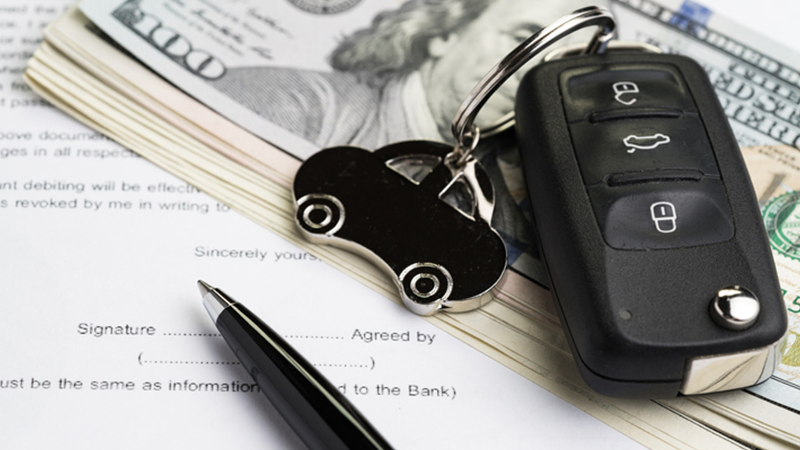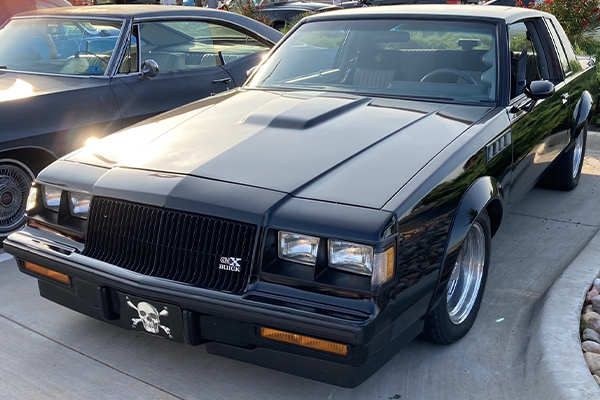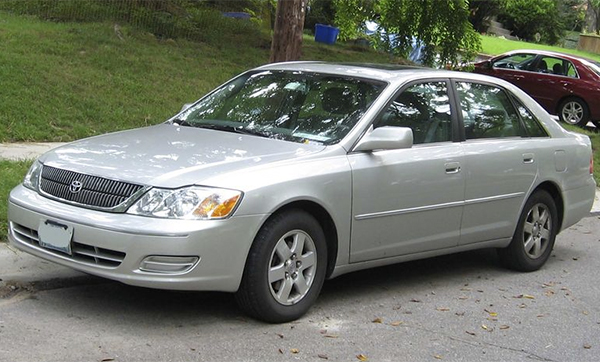Not too long ago, you were usually limited to cars located within about a 50-mile radius of your home if you wanted to buy a secondhand car. Your primary source of information was the classifieds section in your local newspaper. That’s changed dramatically. Thanks to the internet, your potential marketplace now stretches from coast-to-coast. When considering how to buy a used car online, you need to keep the typical used car questions in mind, along with some specific ones that pertain to buying online.
Cars lined up in a lot | Getty
Where to Look Online
Start by scouting what’s available. This can be overwhelming, so maybe start with only one of these websites:
Do Your Research
At one point or another, everyone has used car questions. One of the most common ones is based around how to inspect a used car before buying. For starters, there are sound, general practices to follow, such as:
- Take the vehicle for a road test. If possible, travel on a variety of roads (such as residential, country and highway) to get a better feel how the car handles at different speeds and conditions.
- An important part of the road test is listening and feeling for anything that seems like a potential problem. But equally important is that you feel comfortable in the driver's seat. Can you see well? Do you like the layout of all the controls? Could you see yourself comfortable driving long distances?
- Ask for maintenance and repair records from the seller.
- Check reliability records for the make and model years in question.
- Comparison shop online to find the best prices for your top choices.
- Get the Kelley Blue Book value for those cars.
- Read consumer reviews on a website like Edmunds.com to learn about common problems with the make and model.
Make sure you’re always consulting trusted sources when looking for used car buying advice. Sources like AAA, the Better Business Bureau, your state’s attorney general’s site and other government sites will be knowledgeable, impartial sources that have your best interests in mind.
Vehicle History Check
This is vital to making sure your potential investment is a sound one, so there’s really no excuse for not doing this. For only $25 or so, an online vehicle history check can tell you plenty:
- Title check gives you an idea of the title history of car, so you can see how many times the vehicle has changed owners, along with the locations and the dates. A title check can also reveal if the car was ever abandoned, scrapped, rebuilt, salvaged (we sincerely advise against buying a salvage), recalled by the manufacturer, declared a "lemon" by state laws or listed on the grey market.
- Odometer check indicates possible tampering with the odometer or a malfunctioning of the odometer.
- Event check tells you how the car was used (for instance, if it was a driver’s ed car, taxi, police cruiser, rental car, leased car, fleet car and more) and can reveal if the car was ever involved in a serious accident, stolen, repossessed or failed an emissions test.
Will every single issue be reported? No, but the major ones will be, so anything that shows up on one of these reports is a real red flag. If you decide to pursue a vehicle that doesn’t have a clean history, keep in mind that the history report can be a valuable bargaining tool. The two major online providers of vehicle history reports are Autocheck.com and Carfax.com. Pick the one you like best and go get that report!
Sometimes you can luck out and get one for free elsewhere online — just be sure the report provides enough quality, detailed information to be worthwhile. Otherwise, you’re better off making a small investment and purchasing a comprehensive report.
Car sale | Getty
Get a Pre-Purchase Inspection
Most people balk at the $100 fee that mechanics typically charge for this service, but when you’re unexpectedly faced with something like a $2,000 transmission-replacement bill, you’re really going to regret having skipped this step. Paying a mechanic to inspect a used car before buying is the single most important thing you can do to ensure that you’re not getting a lemon. Keep these things in mind:
- If the mechanic identifies weaknesses in the car that need immediate repair, you can use this information to negotiate a lower price with the seller.
- The mechanic may see that the vehicle has been poorly maintained and can alert you that you’ll be looking at multiple repair jobs in the near future. Again, you could use this get a better price. Or, you may want to pass on the car to save yourself the money and hassle of dealing with a lot of repair work.
- On the bright side, a glowing report from your mechanic will give you some peace of mind and an extra bit of confidence about your investment.
If it's an inspection on a local purchase, it can be helpful to be present during the technician's inspection. This isn't always allowed, but if it is, they can point out things like leaks, evidence of previous accidents that might not show up in vehicle history reports and answer any questions you might have.
Don’t worry if you want to buy a used car online that’s located across the country — Advance's Find My Mechanic feature can connect you with someone skilled in used-car inspections.
Sometimes a seller (local or remote) won’t allow a mechanic to inspect the car. What should you do in those cases? The smart move is to walk away. It’s entirely reasonable to ask for an inspection. After all, you’re considering a major investment. If a seller refuses the inspection, it’s probably because of what you might find out from the report.
Do you have any used car buying horror stories? Leave us a comment with what you learned from the experience!









